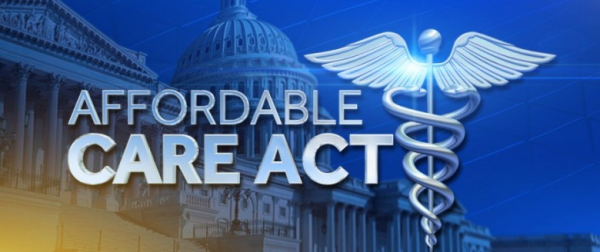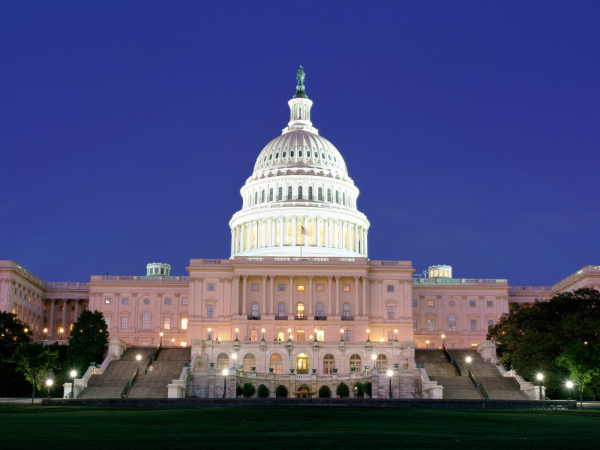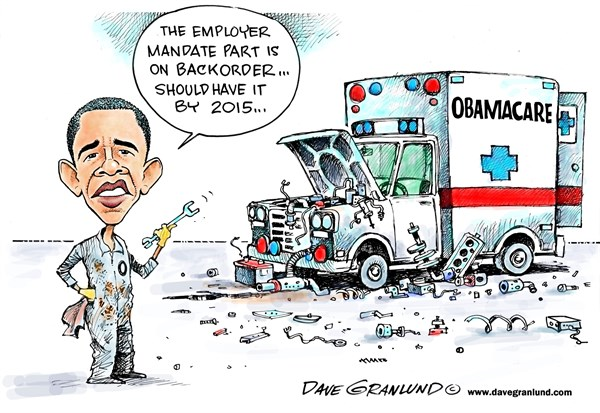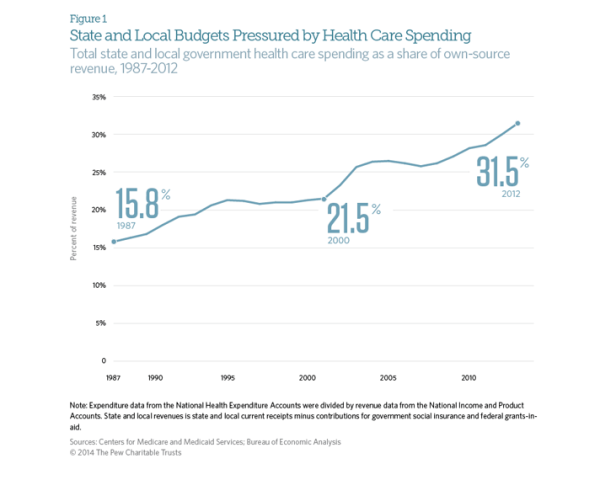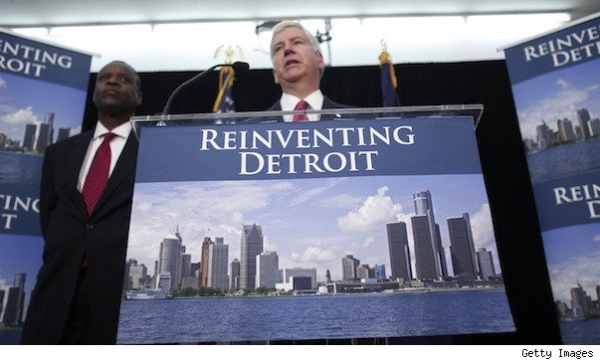March 23rd marked the four-year anniversary of enactment of the Affordable Care Act (ACA). Most of the past four years have been spent developing the infrastructure and refining the policies to implement the law. Implementation began on October 1st, 2013, when the first open enrollment period went live. Now, as the first open enrollment period comes to an end, it seems like an appropriate opportunity to examine the state of the ACA as “phase one” comes to an end.
Medical Billing Blog
President Barack Obama celebrated the end of the Affordable Care Act’s first open enrollment period by announcing that at least 7.1 million Americans have signed up for insurance through exchanges. "No, the Affordable Care Act hasn’t fixed our long broken health care system, but this law has made our broken system a lot better," Obama said before a large and happy crowd Tuesday afternoon in the Rose Garden. The tally is based on the number of people who enrolled for coverage by Monday’s deadline through the new federal insurance marketplace operating in three dozen states. It also includes people who enrolled in 14 state-run marketplaces as of the deadline or, in the case of a few states, by last weekend. The Census Bureau estimates that 47 million Americans went without health insurance last year, more than 15 percent of the population. White House press secretary Jay Carney said Tuesday that the administration expects that the final numbers will also show sharply higher enrollment by young adults, though demographic breakdowns by race or age will not be available for days or weeks, and he was unable to say how many of the enrollees were previously uninsured. The law’s impact on the uninsured, he said, was intended to be measured over three years.
The United States Senate has joined the House of Representatives and passed legislation to prevent a 24% cut in physician fee schedule payments from occurring today as previously scheduled. Instead, Medicare physician fee schedule payments will continue to be paid as they have been for the past 3 months. Although the legislation must be signed by the President in order to become effective, the President has indicated that he will sign this legislation once it reaches his desk.
According to study, America has 32 million underinsured.
As Monday's deadline to sign up for health insurance or face a penalty approaches, there's plenty of attention on the uninsured. But how about the underinsured? A new report finds that 32 million people were underinsured in the U.S. in 2012, meaning their health insurance didn’t do enough to protect them from major medical costs, according to a new report from the Commonwealth Fund. That makes for 80 million Americans who either have no health insurance at all, or who don’t have enough, the report finds. The Affordable Care Act insurance reforms seek to expand coverage and to improve the affordability of care and premiums.
Kathleen Sebelius, the secretary of health and human services, said Wednesday that the Obama administration would not extend the deadline for people to sign up for health insurance or delay the requirement for most Americans to have coverage. There will also be no delay in the penalty most Americans face under President Barack Obama's healthcare reform law if they fail to obtain health coverage this year. Last year, embracing nonpartisan estimates for the Affordable Care Act, Health and Human Services Secretary Kathleen Sebelius set a benchmark for the new insurance marketplaces: "Success looks like at least 7 million people having signed up by the end of March 2014," she said to NBC. Enrollment, however, began at a terribly slow pace in October because of all the technical problems with HealthCare.gov, the federal health exchange website serving 36 states. Some state-run health exchange websites have had their own problems as well. Within that context, Sebelius on Wednesday redefined what success looks like: "Success looks like millions of people with affordable health coverage, which we will have by the end of March," she told the House Ways and Means Committee. The administration released the latest enrollment figures on Tuesday—revealing that some 4.2 million Americans have signed up for coverage on the new exchanges. However, that figure does not include how many people have actually paid for their plans—a metric that could make the actual number of enrollees significantly lower.
DOL Issues Final Rule on Worker Eligibility for Health Insurance
The U.S. Department of Labor has issued a final rule that prohibits employers from requiring employees to wait more than 90 days after being hired before they can be covered by the Company’s sponsored health insurance plan.
Obama Administration Unveils New Affordable Care Act Changes… again.
The Obama administration announced Wednesday that it has rewritten an array of far-reaching rules under the Affordable Care Act, the most significant of which will let people keep bare-bones health insurance policies for three more years. Americans with health insurance policies that don't meet consumer standards set by the president's healthcare law would be allowed to keep their plans into 2017, three years later than originally envisioned, so that people can buy these noncompliant plans through October 2016 and be covered by them until the following September, when Obama’s tenure in the White House will have ended. The healthcare law was designed to phase out health insurance plans in 2014 if they did not include a basic set of benefits and limits on how much consumers can be required to pay out of pocket for their medical care. After the controversy broke, the administration announced in November that state regulators could allow insurers to renew old policies in 2014. Only about half the states have agreed to the extensions. Some, particularly those with liberal, Democratic insurance regulators, have balked at allowing what they consider substandard plans to remain on the market.
On January 17th, CMS announced a new policy regarding Freedom of Information Act (FOIA) requests for the disclosure of how much Medicare pays individual physicians. For the past 30 years, this information has been protected from FOIA requests under the Personal Privacy Exemption (Exemption 6) of the act. Under the new policy,CMS will begin examining each FOIA request on a case-by-case basis to determine if the information requested should be exempt from FOIA requests.
State and Local Governments Spend 31.5% on Healthcare
The Affordable Care Act was supposed to stem the rapidly rising cost of healthcare in the United States. While costs have continued to rise since the ACA’s passage in 2010, the rate has slowed dramatically. Early indicators suggest that the growth rate of total healthcare spending in the US was only 4% in 2012. This is an improvement when looking at the aggregate expenditures, unfortunately, for state and local governments, the cost curve has not had any form of reduction. According to CMS and the Bureau of Economic Analysis, state and local governments spent 31.5% of their budgets on healthcare costs in 2012. That represents an 8 percent increase over the previous year, or a rate twice as fast as the national rate of increase. This increase is largely due in part to the stimulus bill passed by Congress in 2009. The American recovery and Reinvestment Act granted more than $100 billion to states to cover increasing Medicaid costs, which had ballooned during the recession as high unemployment drove job-seekers to the government run health program. During this period, even though Medicaid saw increased participants, overall state spending on Mediciad actually fell. However, the federal stimulus money would not last forever and State Mediciad expenditures rose 22 percent between 2010 and 2011, and another 15 percent in 2012. The Government Accountability Office says health-care spending represents the single greatest threat to state and local government long-term health.
City of Detroit and Retirees Reach Agreement on Health Insurance
The city of Detroit and its retirees have reached an agreement in a health insurance dispute that may end a lawsuit against the city. Retirees filed suit in November to stop the city from shifting them to Medicare and giving those under age 65 a $125 monthly stipend to buy their own insurance. The parties reached an agreement in principle Thursday night covering benefits through the end of 2014, mediators in Detroit's bankruptcy said Friday in a statement. Some features of the deal include the increase to $300 in the monthly stipend for retirees over age 65 who aren't eligible for Medicare. The stipend for retirees under age 65 will be increased to $175 if the household income is less than $75,000 and the retiree acquires insurance under a health care exchange. The stipend is $50 more than the amount proposed last year by emergency manager Kevyn Orr. A lawsuit retiree groups filed in bankruptcy court Jan. 9 challenging the city’s plan to slash benefits will be dismissed as a result of the settlement, according to a statement from the Detroit bankruptcy court mediators.

